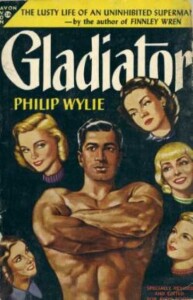
Method continued
9) Play the extremes. Either melt here, overwhelm her with a wistful tenderness that would thaw the arctic, or go 100% bestial. It is often effective to switch from one extreme to the other, but requires practice. The happy medium is not worth a damn.
Raw Material.
By this Stout is referring to the type of ladies to search out and where to find them.
‘ I appreciate that many of you will be limited by the available supply, but in cities of over 100,0000 population a wide range offers itself, and even in smaller communities it is surprisingly what can be uncovered by a roving intelligence and an active spirit. The main thing is good leads. It is of course unethical to get them by display ads in the newspapers or by using sandwich men or throwaways, but it is also unnecessary. A little ingenuity and persistence will keep you going. Some hints: In New York, work the better bars, and when you see a good one spill a sidecar on her dress and insist on paying for it. In Chicago, haunt the railroad stations, for all the best material reaches instinctively for a time-table upon arriving at the age of consent.
Some practitioners, when working up raw material and testing a lead, give very little consideration to any other element than the Receptivity Quotient. Such a man is not, properly speaking, an amorist at all; he is merely a careerist. Sooner or later he will find his sensibilities blunted, his ability to synchronize permanently lessened, and his heart going back on him. In the long run, year in and year out, you will find that in appraising raw material it will produce the deepest satisfaction and the highest type of success to adhere rigidly to the AAA standards: Continue reading

 Part one
Part one